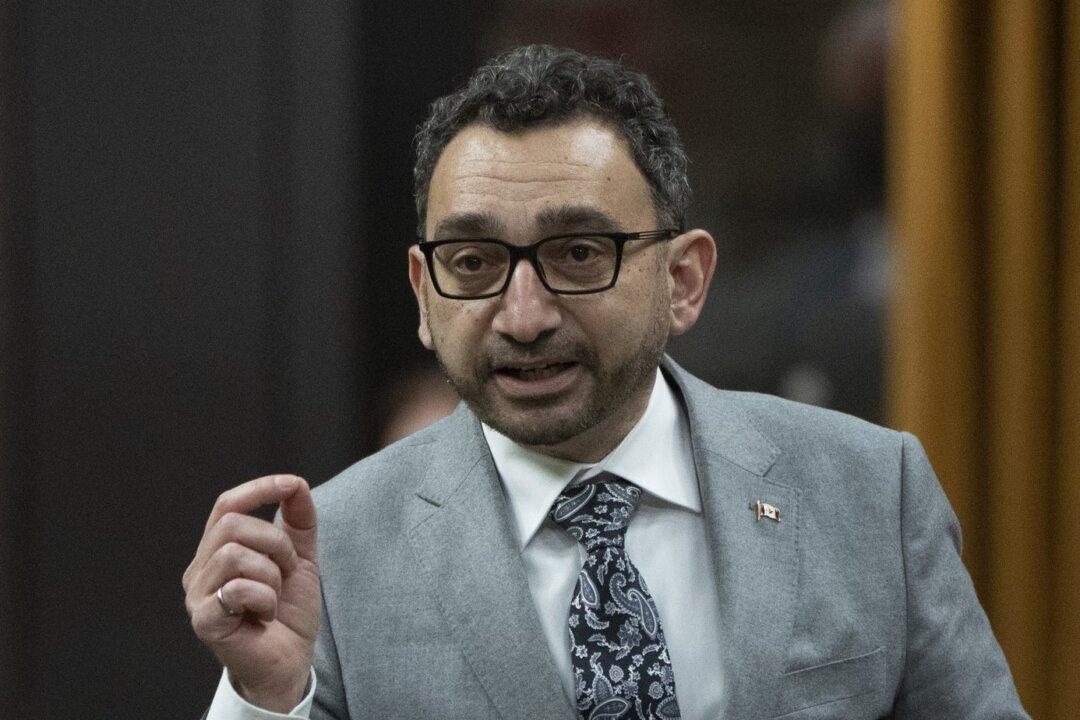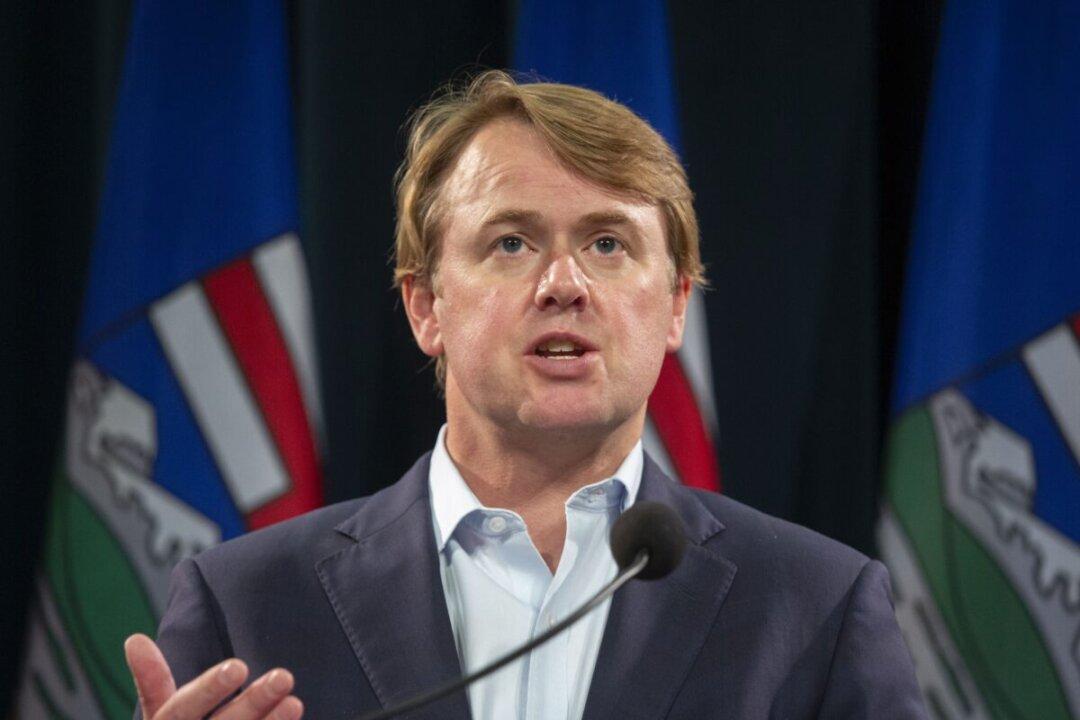A federal government report says the next steps to advance the Liberals’ digital infrastructure is to introduce a “Digital Identity Program.”
The announcement was revealed in a government report published Aug. 4 titled Canada’s Digital Ambition 2022, as first reported by True North.The COVID-19 pandemic highlighted the need for government services to be “accessible and flexible in the digital age,” the report said.





